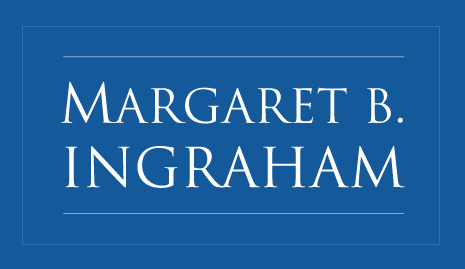Insight and inspiration often come to me from the most unlikely sources and when I least expect them. Such was the case recently as I drove winding back roads of tidewater Virginia. The landscape is stunningly beautiful in an understated way, even as the vistas are quite predictable: stands of old trees frame fields of waving grasses, rolled bales of hay punctuate the harvested parcels like ellipses and prompt me to wonder what is missing or coming next. And then there are the many dozens of small churches that have stood along those roads for at least decades and more likely a century or two.
 As I rounded one sharp turn I noticed a small steeple up ahead. Next to the white clapboard building there will probably be another old cemetery, I mused, perhaps marked off by a rusting wrought iron fence. How wrong I was. Instead, beside the quaint country church was a huge modern signboard that shouted out an instruction: “Practice random acts of praise and worship.” Doubtless it was placed there with the hope of inspiring passersby. But its message, conveyed in a vernacular incongruous with the setting, was a jolt to me. It did catch my attention but surely not as I imagine its author intended.
As I rounded one sharp turn I noticed a small steeple up ahead. Next to the white clapboard building there will probably be another old cemetery, I mused, perhaps marked off by a rusting wrought iron fence. How wrong I was. Instead, beside the quaint country church was a huge modern signboard that shouted out an instruction: “Practice random acts of praise and worship.” Doubtless it was placed there with the hope of inspiring passersby. But its message, conveyed in a vernacular incongruous with the setting, was a jolt to me. It did catch my attention but surely not as I imagine its author intended.
“Practice random acts of kindness” bumper stickers (most bumper stickers, to be honest) have never appealed to me. What seemed akin to bumper sticker religion was personally off-putting. My objection to the message centered on one word: random. I certainly believe that we should practice praise more often. Scripture clearly instructs us to “pray without ceasing, give thanks in all circumstances” (1 Thes 5:17-18) and even to conduct ourselves by “…addressing one another in psalms and hymns…giving thanks always and in everything to God…” (Eph 5:19-20).
The latter reference, I believe, speaks to participating wholeheartedly and regularly in worship. None of those acts, whether praise or worship, can be praise or worship if they are offered randomly. Random, after all, is synonymous with haphazard, unspecific, undirected. Our acts of praise must be deliberate and intentional, as practice by definition implies. Deliberately offered and addressed to the deliberate God whose gifts, grace, sacrifice, mercy, redemption and lordship they recognize and celebrate.
The evidence suggests that the great worshiper David most certainly agreed. In concert with the writers of the epistles –or perhaps as the inspiration and source of their teaching– David begins Psalm 34 “I will bless the Lord at all times; His praise shall continually be in my mouth.” He continues “My soul makes boasts in the Lord,” a phrase that is alternately and with equal accuracy translated “In the Lord do I glory.” David continues “Extol the Lord with me.” That last verse (34:4) is the man after God’s own heart’s invitation to us to engage in a thoughtful and purposeful act, not a random one.
It is worth mentioning once again that the Hebrew language often harbors insights and enshrines wisdom not evident in translation. The single Hebrew word lev can be and is rendered in English as either heart or as mind. In fact, it would more properly be conveyed as both simultaneously if our language could accommodate such. The ancients knew the two were indivisible.
We can answer David’s call from Psalm 34:4 by bringing heart and mind together and praying the psalms. Those ordered and orderly poems, which have stood at the center of Jewish and Christian worship for millennia, should be our praise and worship guide. Let us extol the Lord with David, deliberately.
